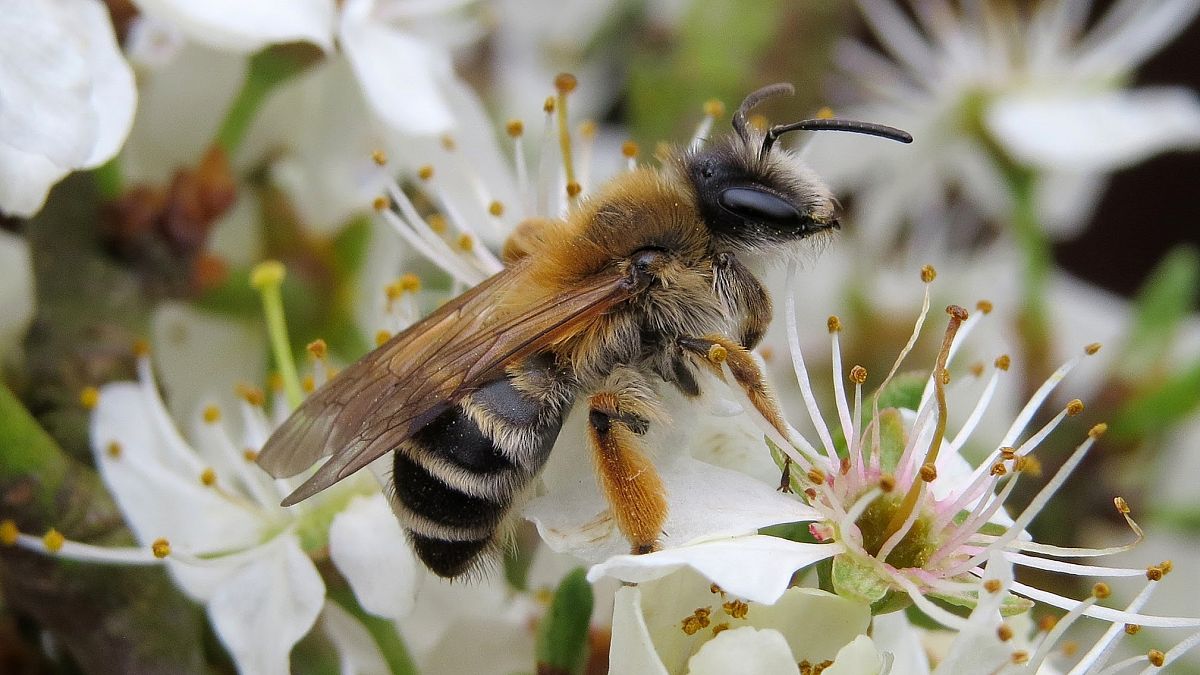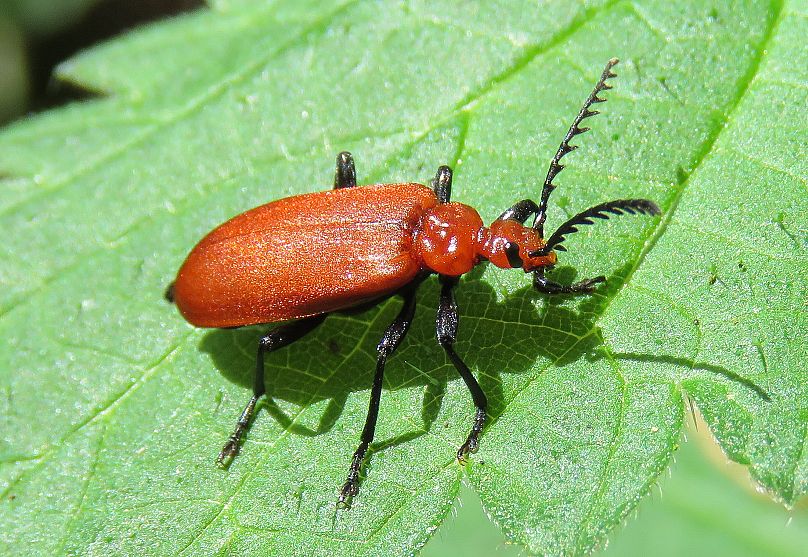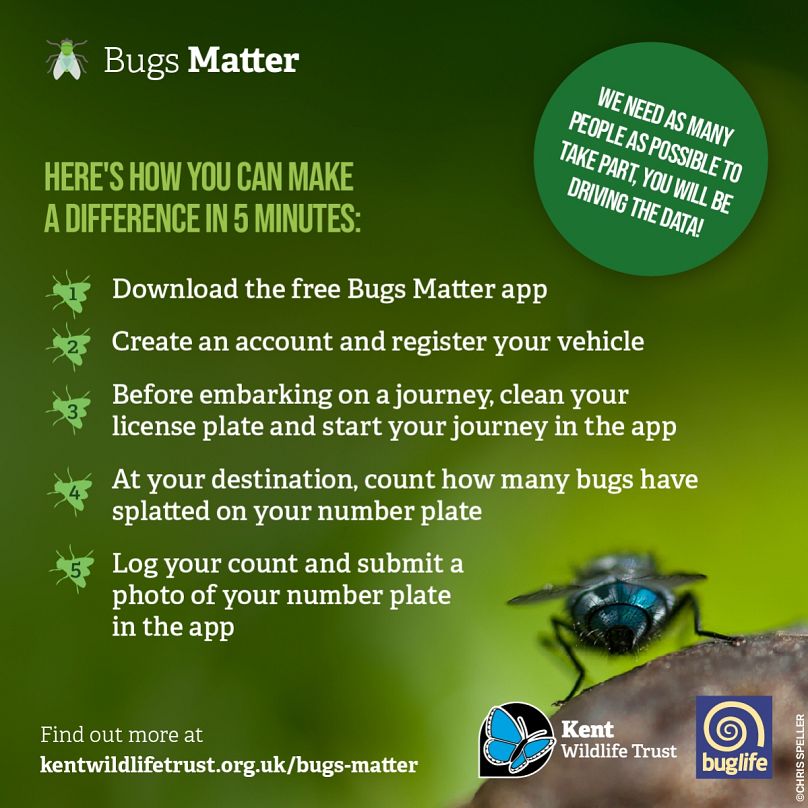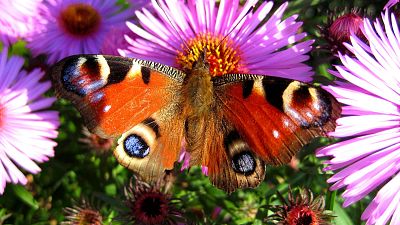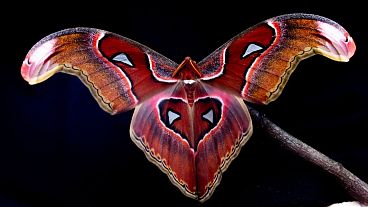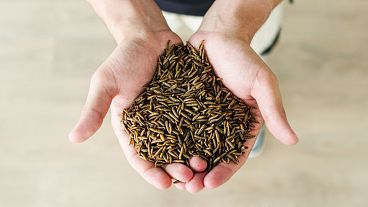New research has discovered that the number of bugs across the United Kingdom has lessened by a concerning amount over the last two decades.
A new survey recording ‘bug splats’ has reported a “staggering” drop in the number of insects squashed on cars.
The findings lay clear the worrying trend of a decline in flying insects. In two decades, it’s estimated that their number has fallen by nearly four-fifths.
Using results from ordinary drivers who counted the squashed insects on their number plates, the research discovered there were 78 per cent fewer of the creatures between 2004 and 2023 in the UK alone.
How serious are the results from the ‘bug splat’ survey?
The survey was worked on by the conservation charity Buglife in collaboration with the Kent Wildlife Trust.
Following the reveal of the results, the two organisations called the findings "extremely concerning" and said the “staggering" fall was a "red flag" for the UK’s natural world - and one which should not be ignored.
In a statement, they urged people to understand the importance of insects, which pollinate crops, decompose waste, recycle nutrients, provide natural pest control and underpin food chains as well as providing food for larger animals.
"Without them, life on earth would simply collapse", the two conservation groups said.
Scientists say various changes to the ecosystem are down to a variety of reasons, both in the UK and worldwide.
Climate change, loss of habitat, pollution and pesticide use are all issues which have caused the number of bugs to drop significantly.
While the whole world is suffering from the effects of the ongoing climate change, the UK is one of the worst affected countries.
In fact, it’s one of the most severely nature-depleted countries globally - and is now home to less than half the animal, plant and fungal life it once boasted.
How did the ‘bug splat’ survey work - and how were conclusions drawn?
Drivers selected to take part in the scheme were made to clean their car’s number plate, and then make an essential journey while recording the exact route on their phones.
After arriving at their destination, they then had to count the insects squashed on their number plate using a "splatometer grid" provided by the researchers.
Some 6,637 journeys were analysed last year alone.
Since 2004, of the four UK nations, England displayed the sharpest fall in numbers - with an 83 per cent reduction.
In comparison, Wales saw a 79 per cent decrease. Scotland was next with a 76 per cent drop over the same period.
Northern Ireland saw a far smaller decline, of just 54 per cent, but researchers were keen to point out that only a small sample was taken there.
"These results are extremely concerning,” Kent Wildlife Trust’s Dr Lawrence Ball, said in a statement.
“This is a red flag for the state of nature in the UK that shouldn't be ignored.”
Andrew Whitehouse, from Buglife, agreed, saying "The latest Bugs Matter data suggests that the abundance of flying insects in our countryside has dramatically fallen.
"The consequences are potentially far-reaching, not only impacting the health of the natural world, but affecting so many of the free services that nature provides for us,” he added.
